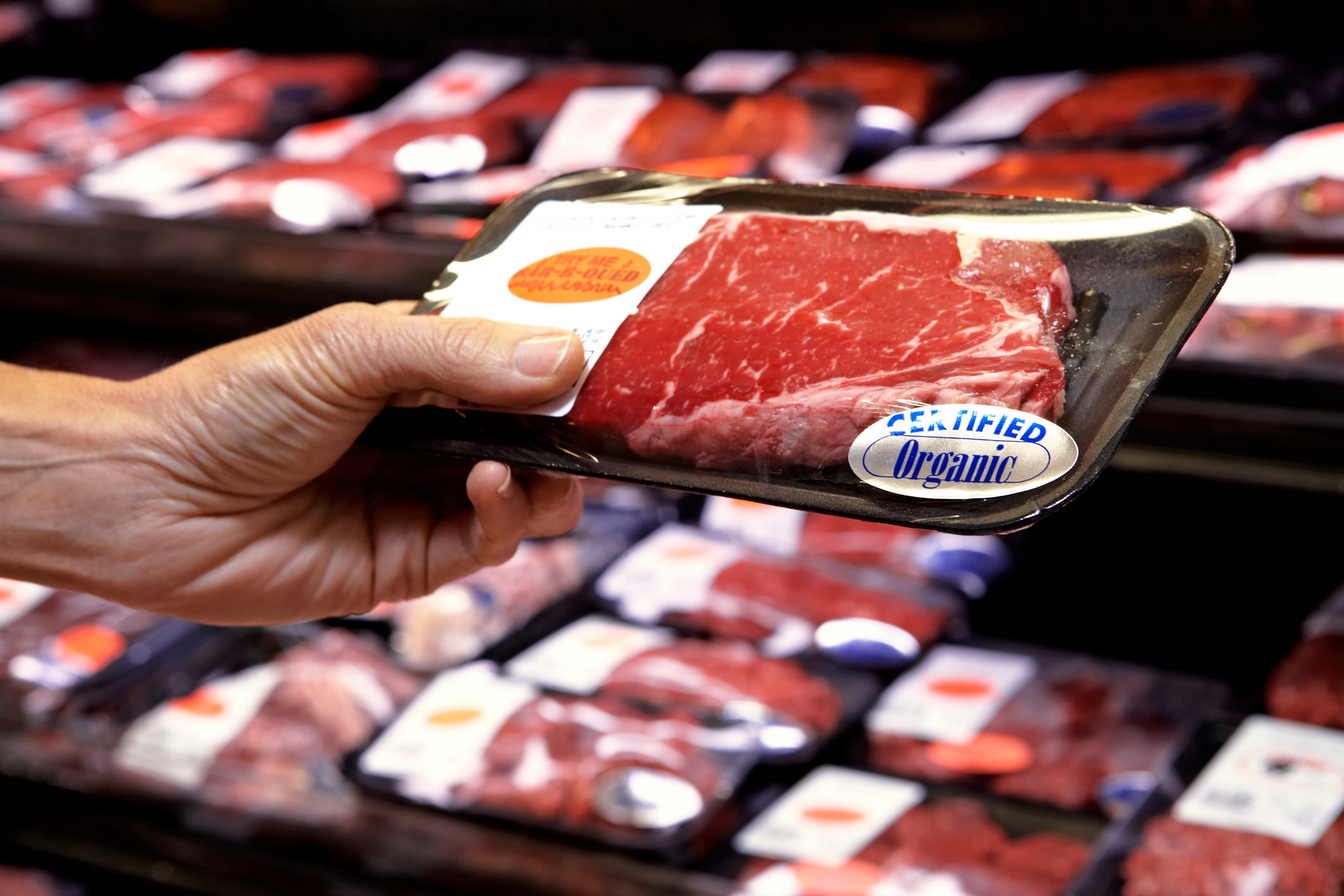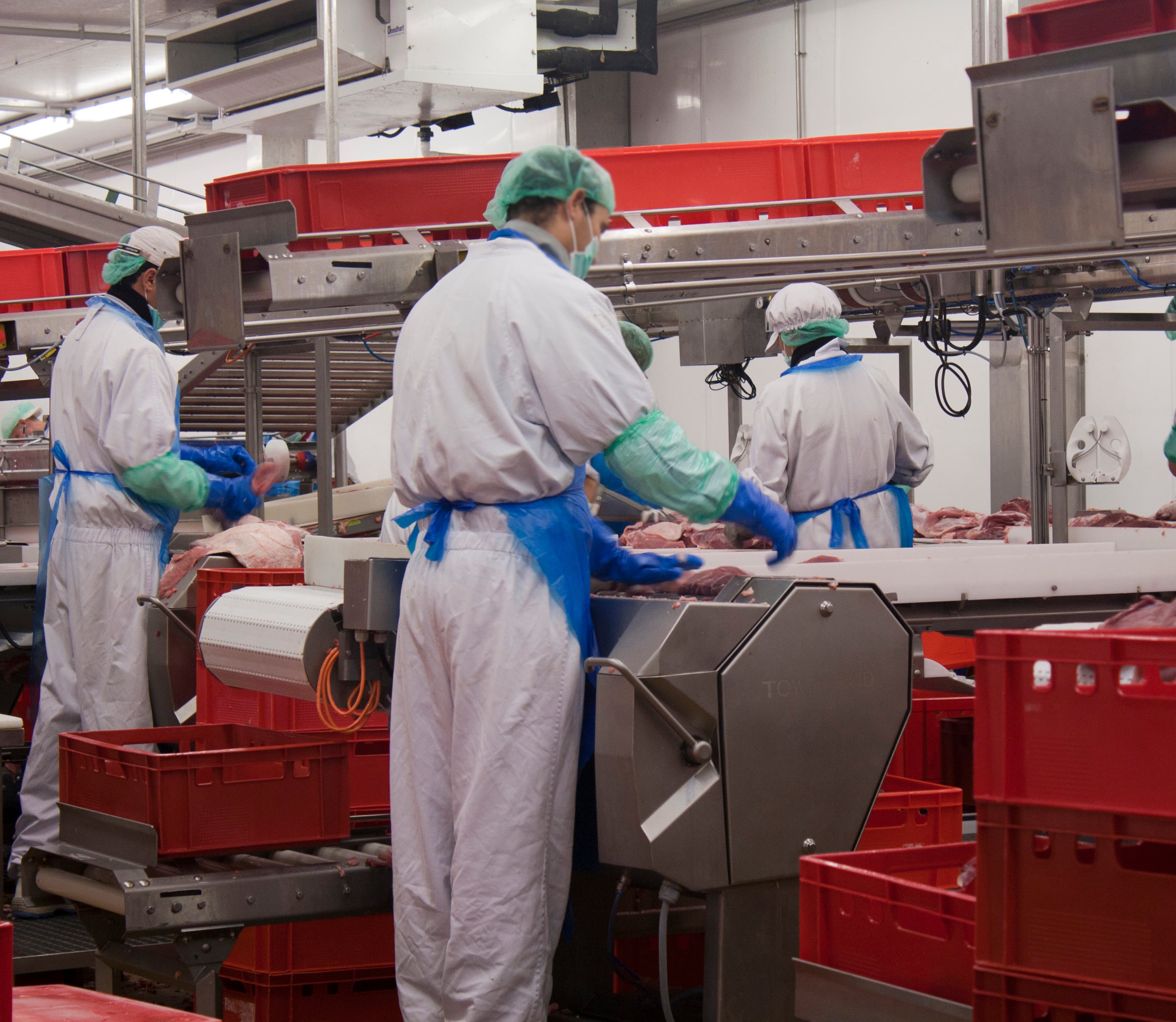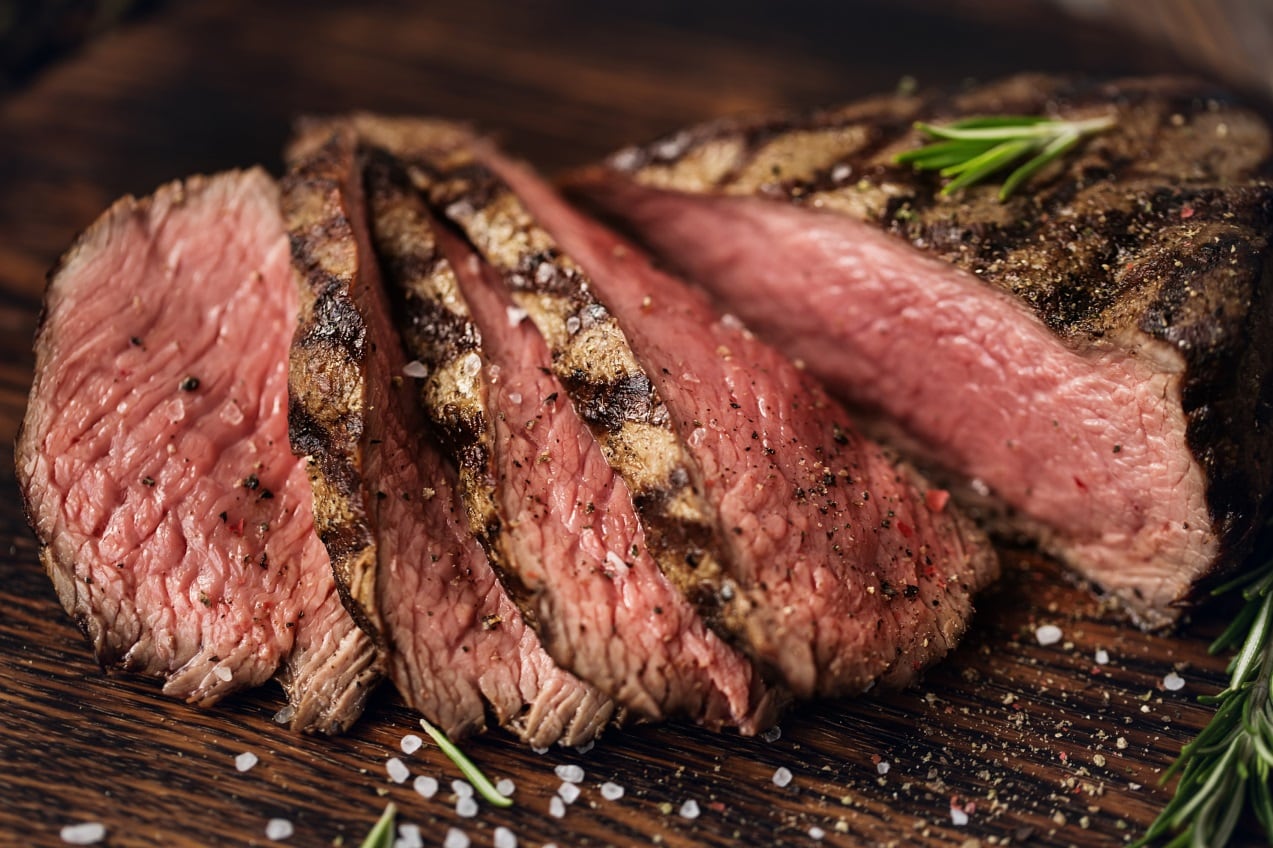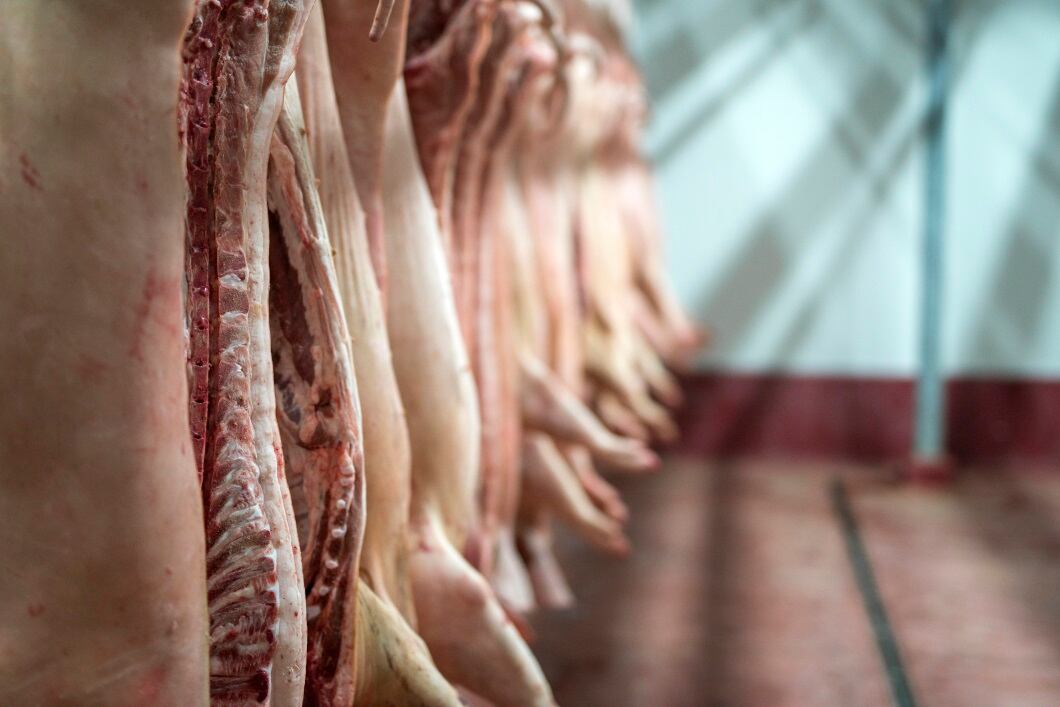The FSA currently recommends that vacuum- or gas-packaged fresh meat kept at 3-8C and has a shelf-life of a maximum 10 days. A longer shelf life may be allowed if the product has a high salt content or low pH.
The BMPA is calling for the guidance to return to what it was before 2017 when manufacturers and retailers were allowed to decide the use-by period themselves, which could extend the shelf life to three weeks.
It says an extension to the 10-day rule would help to combat both the negative effects of food waste on the environment and the cost to consumers. It estimates consumers currently throw away £3 billion worth of food a year, often in unopened packs.
Following a joint report with Meat and Livestock Australia Limited, the BMPA said the FSA is conducting further risk assessments and will publish a report in the Autumn when “it’s hoped that shelf life could be further extended.”
David Lindars, the BMPA's technical operations director told FoodNavigator he was “very confident” the guidance will be reviewed and changed owing to the detailed evidence it has presented the FSA.
The BMPA’s joint report, for instance, concluded that a search of the literature failed to uncover any cases of botulism associated with fresh chilled VP or MAP meat after 10 days.
It reported that maximum chilled retail pack shelf life at 3°C to 8°C of up to 23 days for beef, 27 days for lamb, and 18 days for pork provided a high level of protection against botulism poisoning.
It added that the freedom to adopt a shelf-life greater than 10 days at 3°C to 8°C for fresh chilled beef, lamb and pork would offer significant economic, social, sustainability benefits to producers, processors and retailers. “Such freedom removes a technical barrier to trade. There may also be environmental [and] consumer benefits through lower food wastage,” it stated.
WRAP, the UK food waste NGO, produced the Meat in a Net Zero report in June which estimated that each year around 380,000 tonnes of the meat intended for consumption goes uneaten, with the GHG emissions associated with this uneaten meat measures more than 4 million tonnes CO2 equivalents.
WRAP’s evidence suggests that around 40,000 tonnes of red meat is thrown away in households each year due to not being used in time, and much of this might be prevented if the shelf-life were extended.
It said the limit of the ‘10 day rule’ presented a significant challenge in both retail and hospitality and food service supply chains.
“If the extension to red meat shelf-life reduced meat waste by around 40,000 tonnes, this could help avoid around 400,000 tonnes of GHG emissions,” a spokesperson said.
Source
Assessment of the risk of botulism from chilled, vacuum/modified atmosphere packed fresh beef, lamb and pork held at 3 °C–8 °C
Food Microbiology





